Most of the world knows Richard Noble as the gung-ho Englishman who drove his jet-powered land speed record car, Thrust 2, to a new record of 633mph on Nevada’s Black Rock Desert back in 1983, becoming the fastest man on earth for the next 14 years.
Many also know he was one of the kingpins of Thrust 2’s successor, Thrust SSC, driven by Andy Green to a new supersonic record of 763mph in 1997. And that more recently Noble and his team pressed on with a third jet-rocket-powered project, Bloodhound, that has so far run promisingly on a purpose-built track in South Africa but struck what looks like terminal trouble with financial backing.
What most won’t know, however, is that over an education-packed lifetime, Noble has instigated a grand total of 11 projects to set records or press British technology forward. As a result, he has a long history of discovering platoons of richly talented British technical experts – most of whom have been proud to help him – but also of running up against British financial backers who could have helped, and might have benefited from doing so, but were too cowed to gamble.
Now Noble has written an extraordinary book entitled Take Risk! (published by Evro), ostensibly to recognise and celebrate the many people who have helped him through a unique career but also to encourage others – principally the British-based organisations and individuals who might assist promising projects but, inexplicably, sometimes seem happier to see them fail.
“We’ve got to change the country,” declares Noble, no more than a minute into a conversation I thought was going to centre on his successes. “There can be no achievement without risk, and the people in a position to help have to realise it. To innovate, you’ve got to think laterally. Far too many of Britain’s structures – certainly the armed forces and even our so-called venture capitalists – are far too hierarchical to get things done.”
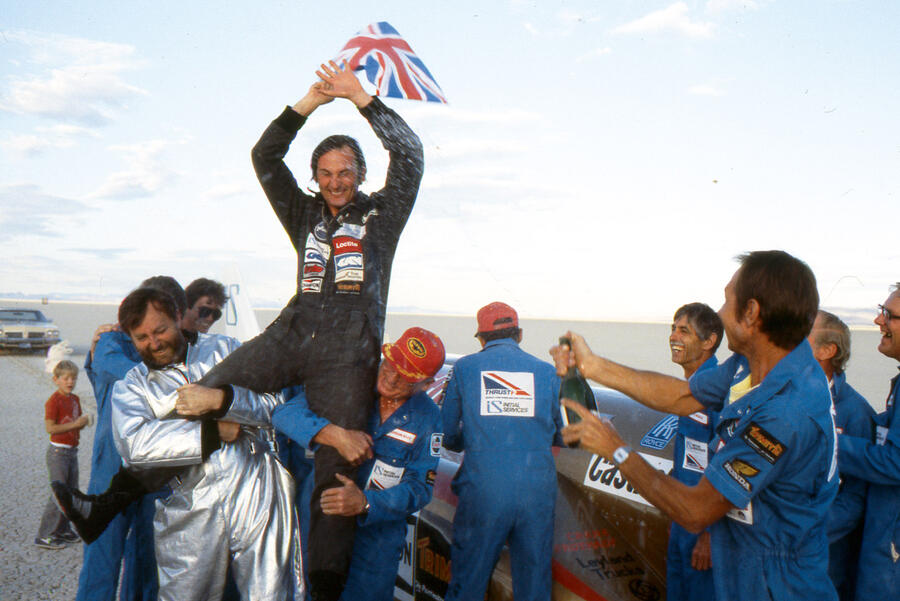

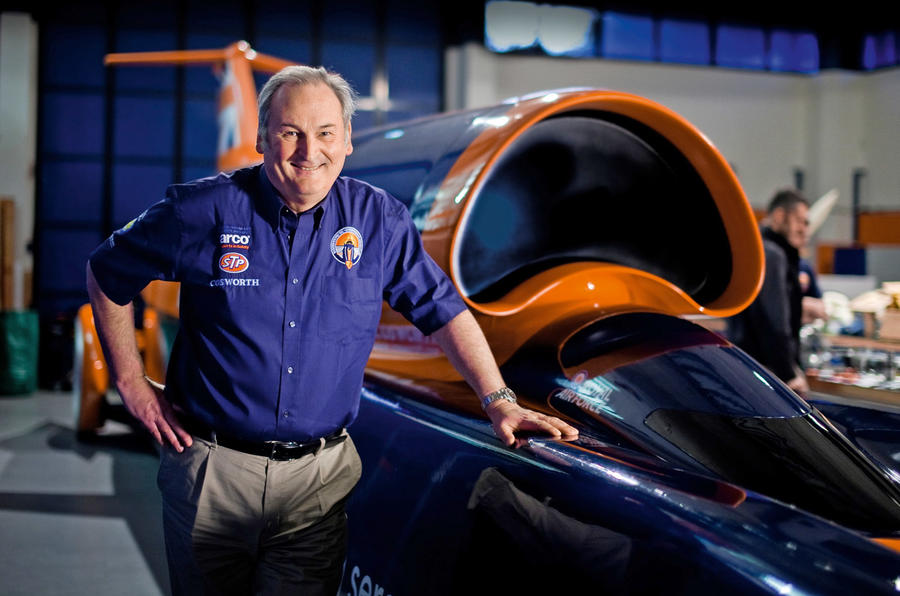
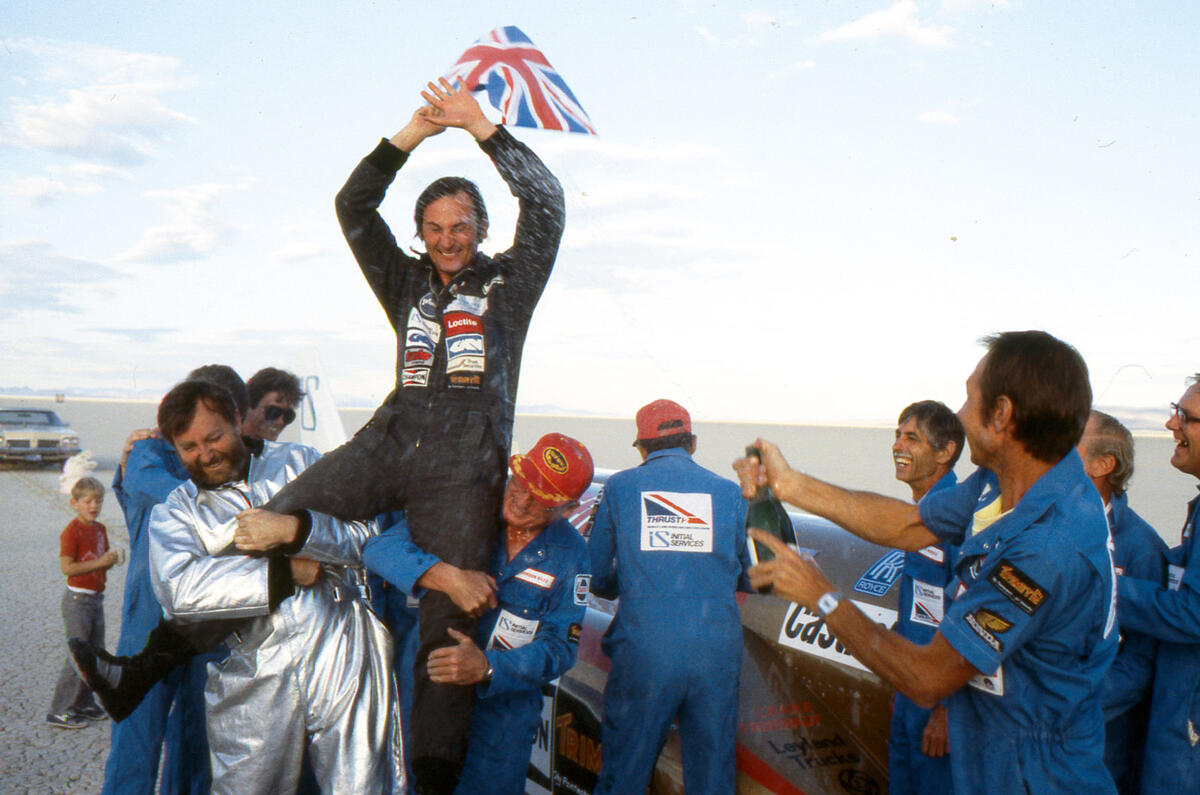

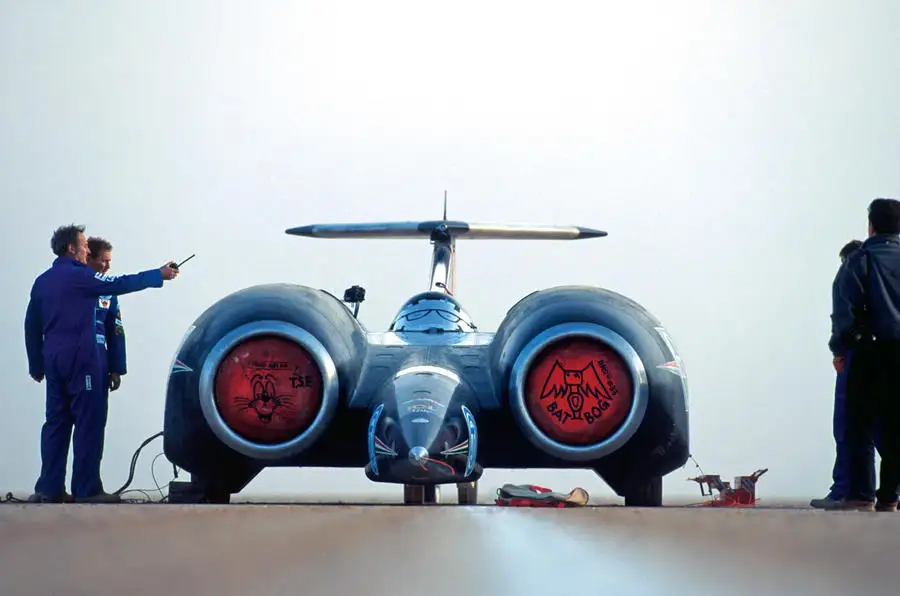


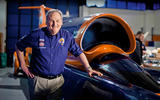






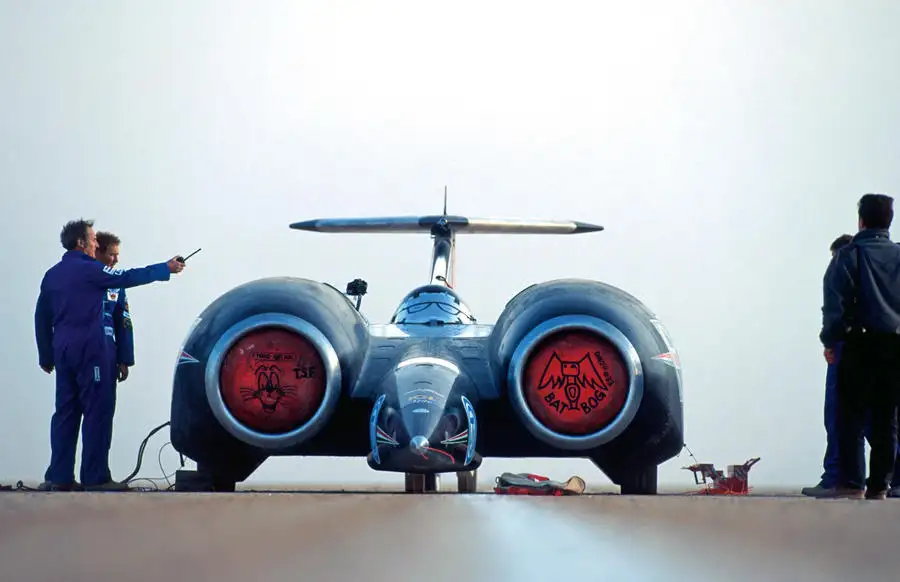






Join the debate
Add your comment
Out of Tim
Sadly, I think the world has moved on, but Richard probably hasnt.
He used to live in the next village to me, and was a really driven guy who would have fitted right in with the Campbell/Cobb days of yore.
Personally I think he should have stopped after breaking the sound barrier ..... now he is just chasing a dream that the public clearly have little interest in, wasting time, energy, sponsorship efforts and lurching from one crisis to another....for what - something that even if acheived will be yesterdays 3 minute news at best, and risks Andy's life at worst.
Richard/Andy and the team can be justifiably proud of what they have acheived over the years with Thrust - to have broken the sound barrier with no loss of life was extraordinary - IMO call it a day guys and ride that wave.
2020...
I loved watching Noble and Thrust 20 years ago but sticking a jet engine in a car hardly seems relevant in 2020. As an engineer I help schools with STEM activities and a small minority have interests in liquid dinosaur powered cars. Why not do a speed record for an autonomous electric vehicle? That could combine SW apps, sensors, processors, powertrains and be very relevant and stop it being a bunch of old guys playing with jet engines.....
Top bloke
A really inspiring chap - strongly recommend his "Thrust" book and I once met him at a presentation on new manufacturing technology - got to admire his energy, enthusiasm and ability to inspire. Shame he didn't go into politics but I guess he wouldn't fit....